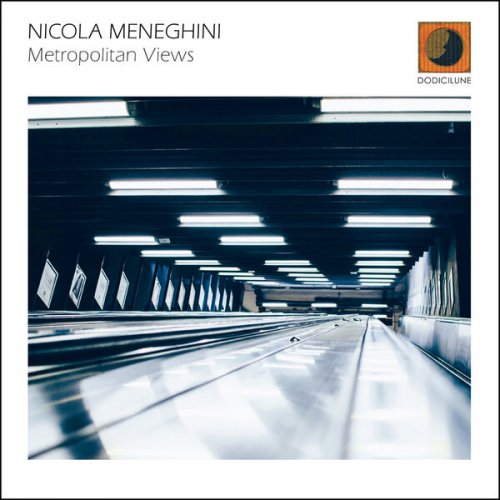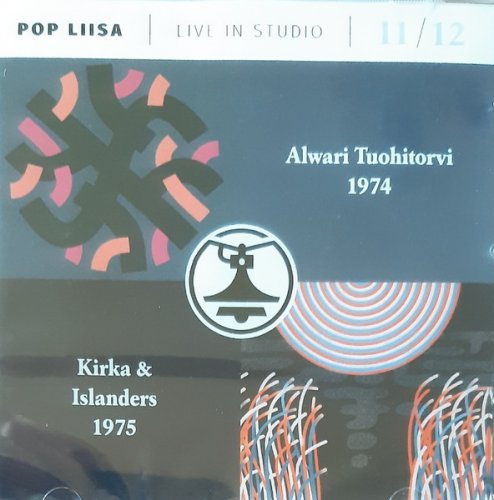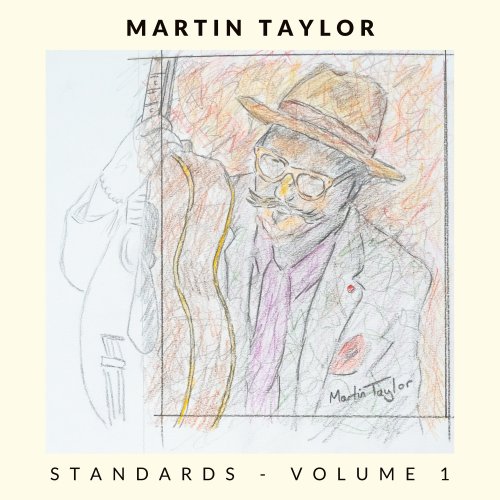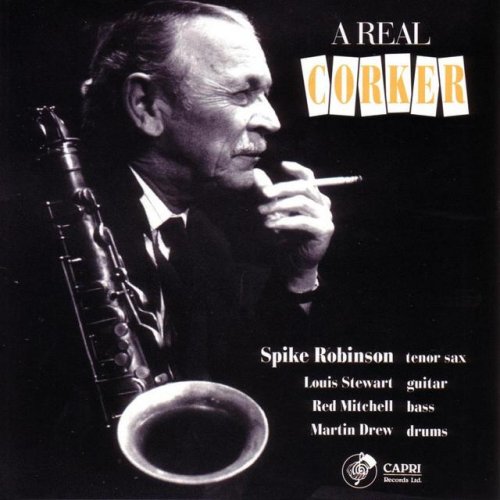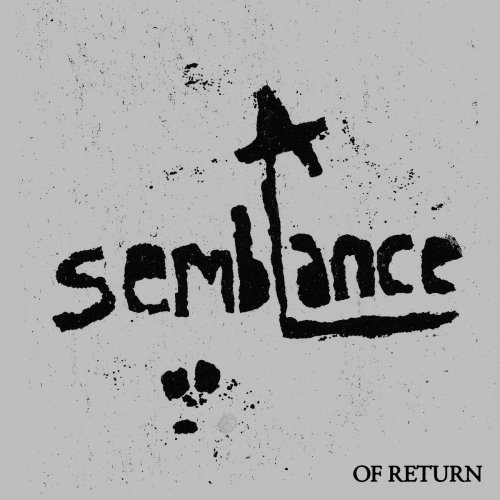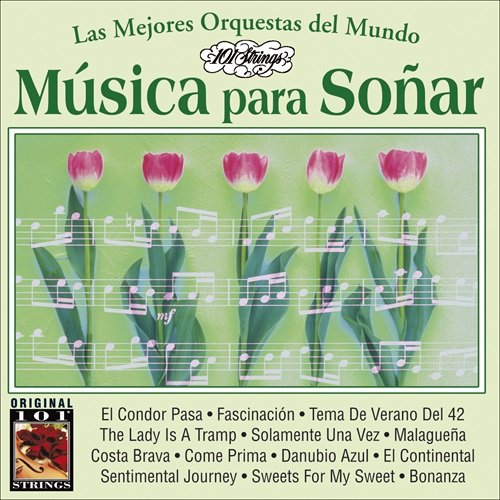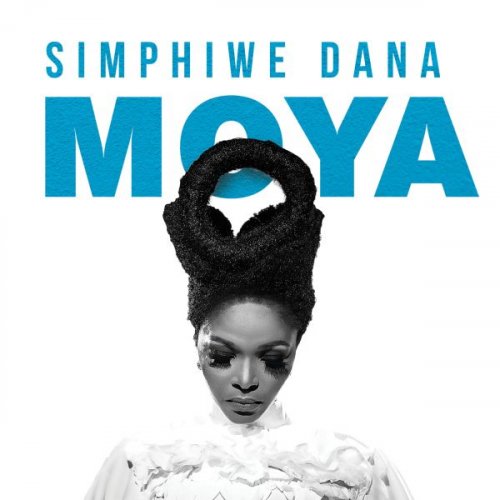DuniEnsemble - Duni: Trio Sonatas, Op. 1 (2019) [Hi-Res]
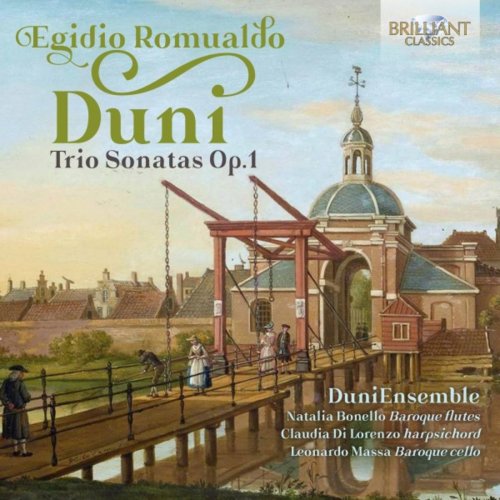
Artist: DuniEnsemble
Title: Duni: Trio Sonatas, Op. 1
Year Of Release: 2019
Label: Brilliant Classics
Genre: Classical
Quality: FLAC (tracks) / 24bit-96kHz FLAC (tracks+booklet)
Total Time: 47:59
Total Size: 237 / 844 MB
WebSite: Album Preview
Tracklist:Title: Duni: Trio Sonatas, Op. 1
Year Of Release: 2019
Label: Brilliant Classics
Genre: Classical
Quality: FLAC (tracks) / 24bit-96kHz FLAC (tracks+booklet)
Total Time: 47:59
Total Size: 237 / 844 MB
WebSite: Album Preview
1 Trio Sonata No. 1 in A Major, Op. 1: I. Allegro 02:52
2 Trio Sonata No. 1 in A Major, Op. 1: II. Moderato 01:27
3 Trio Sonata No. 1 in A Major, Op. 1: III. Allegro assai 03:43
4 Contradanza No. 1 01:05
5 Minuetto No. 2 00:37
6 Trio Sonata No. 2 in G Major, Op. 1: I. Allegro 02:09
7 Trio Sonata No. 2 in G Major, Op. 1: II. Adagio 02:12
8 Trio Sonata No. 2 in G Major, Op. 1: III. Allegro 02:59
9 Minuetto 01:33
10 Contraddanza No. 4 00:56
11 Trio Sonata No. 3 in D Major, Op. 1: I. Allegro. Fuga allegro 04:01
12 Trio Sonata No. 3 in D Major, Op. 1: II. Tempo giusto e sempre Piano 01:41
13 Trio Sonata No. 3 in D Major, Op. 1: III. Minuetto allegro assai 01:58
14 Minuè No. 18 01:21
15 Contradanza No. 3 00:41
16 Trio Sonata No. 4 in E Minor, Op. 1: I. Allegro 02:17
17 Trio Sonata No. 4 in E Minor, Op. 1: II. Adagio sostenuto 01:58
18 Trio Sonata No. 4 in E Minor, Op. 1: III. Minuetto 00:52
19 Trio Sonata No. 5 in B-Flat Major, Op. 1: I. Allegro 03:29
20 Trio Sonata No. 5 in B-Flat Major, Op. 1: II. Adagio e Piano 02:37
21 Trio Sonata No. 5 in B-Flat Major, Op. 1: III. Allegro 01:40
22 Trio Sonata No. 6 in D Minor, Op. 1: I. Allegro, fuga. Allegro, come il primo tempo 03:32
23 Trio Sonata No. 6 in D Minor, Op. 1: II. Vivace 02:19
Colorfully scored premiere recordings of eighteenth-century chamber music by a little-known contemporary of Handel.
Born near Naples, Egidio Romualdo Duni (1708-1775) enjoyed success with operas presented in Rome and Milan in the 1730s before moving to London in 1736 and then to the Netherlands for a decade. The six trio sonatas were published in Rotterdam around 1739, while the attractive collection of minuets and contredanses appeared in London the previous year. Together they form Duni’s only published collections of chamber music; the greater part of his output remained opera, both serious and comic, and the melodic flair of these works displays the artistic signature of a composer for the stage.
The trio sonatas follow the template for the form laid down by the likes of Corelli and Geminiani. Scored originally for two violins and continuo, they proceed in fast-slow-fast fashion with a melodic flair offset by an unusually elaborate bass line: unlike many comparable collections of domestically scaled music, Duni’s trio sonatas are written not for amateurs but for court musicians both to enjoy for themselves and to give pleasure to others. The minuets and contredanses bear an obsequious dedication to an English noblewoman, indicating that they too were composed to tickle aristocratic palates.
The DuniEnsemble presents the first complete recording of both collections, on period instruments and according to historically informed performance principles – which in this case include a liberal attitude to the instrumentation. The chosen pair of melody instruments is not confined to violins but extended to include flutes and recorders, while the basso continuo part is brought to life by a richly coloured ensemble of bassoon, guitar, mandolin, theorbo, cello and harpsichord, varied work by work. The musicians of the DuniEnsemble presented this music in concert in 2018 at Duni’s birthplace of Matera, but they have been performing as a group since 2003.
Born in Matera in 1709, Egidio Duni was taught by his father the composer Francesco Duni. At the age of 9 he entered the Conservatorio in Naples, where his teachers were Pergolesi and Paisiello. His opera debut was in 1735 in Rome with Nerone, a resounding success. Like many of his generation he went to London where his opera Demafoonte (with the last appearance of the great castrato Farinelli!) was a sensation. A serious illness brought him to The Netherlands where he consulted the famous doctor Boerhaave, who cured him. He spent several years in Holland, composing instrumental chamber music for the amusement of the wealthy bourgeoisie. The last years of his life were spent in France, where he was one of the founders of the Opera Comique.
The Trio Sonatas Op. 1 were written in Holland, published in Rotterdam in 1739. The works are for two violins and basso continuo. The present recording by the DuniEnsemble uses two flutes (an alternative indicated by the composer) and a wide variety of instruments forming the continuo: cellos, bassoon, theorbo, baroque guitar and harpsichord.
The first recording of the Trio Sonatas by Egidio Duni: vivid, attractive and melodious music full of instrumental virtuosity and dazzling colours!
Born near Naples, Egidio Romualdo Duni (1708-1775) enjoyed success with operas presented in Rome and Milan in the 1730s before moving to London in 1736 and then to the Netherlands for a decade. The six trio sonatas were published in Rotterdam around 1739, while the attractive collection of minuets and contredanses appeared in London the previous year. Together they form Duni’s only published collections of chamber music; the greater part of his output remained opera, both serious and comic, and the melodic flair of these works displays the artistic signature of a composer for the stage.
The trio sonatas follow the template for the form laid down by the likes of Corelli and Geminiani. Scored originally for two violins and continuo, they proceed in fast-slow-fast fashion with a melodic flair offset by an unusually elaborate bass line: unlike many comparable collections of domestically scaled music, Duni’s trio sonatas are written not for amateurs but for court musicians both to enjoy for themselves and to give pleasure to others. The minuets and contredanses bear an obsequious dedication to an English noblewoman, indicating that they too were composed to tickle aristocratic palates.
The DuniEnsemble presents the first complete recording of both collections, on period instruments and according to historically informed performance principles – which in this case include a liberal attitude to the instrumentation. The chosen pair of melody instruments is not confined to violins but extended to include flutes and recorders, while the basso continuo part is brought to life by a richly coloured ensemble of bassoon, guitar, mandolin, theorbo, cello and harpsichord, varied work by work. The musicians of the DuniEnsemble presented this music in concert in 2018 at Duni’s birthplace of Matera, but they have been performing as a group since 2003.
Born in Matera in 1709, Egidio Duni was taught by his father the composer Francesco Duni. At the age of 9 he entered the Conservatorio in Naples, where his teachers were Pergolesi and Paisiello. His opera debut was in 1735 in Rome with Nerone, a resounding success. Like many of his generation he went to London where his opera Demafoonte (with the last appearance of the great castrato Farinelli!) was a sensation. A serious illness brought him to The Netherlands where he consulted the famous doctor Boerhaave, who cured him. He spent several years in Holland, composing instrumental chamber music for the amusement of the wealthy bourgeoisie. The last years of his life were spent in France, where he was one of the founders of the Opera Comique.
The Trio Sonatas Op. 1 were written in Holland, published in Rotterdam in 1739. The works are for two violins and basso continuo. The present recording by the DuniEnsemble uses two flutes (an alternative indicated by the composer) and a wide variety of instruments forming the continuo: cellos, bassoon, theorbo, baroque guitar and harpsichord.
The first recording of the Trio Sonatas by Egidio Duni: vivid, attractive and melodious music full of instrumental virtuosity and dazzling colours!
Download Link Isra.Cloud>>>
DuniEnsemble - Duni Hi-Res.rar - 844.3 MB
DuniEnsemble - Duni.rar - 237.5 MB
DuniEnsemble - Duni Hi-Res.rar - 844.3 MB
DuniEnsemble - Duni.rar - 237.5 MB
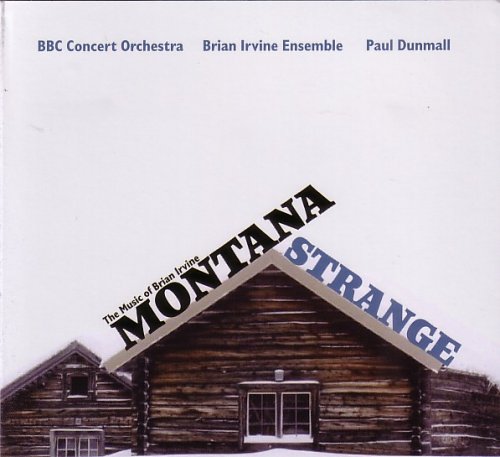
![The Mood Mosaic & Fausto Papetti - Bésame (Y Haz De Mi Cuerpo Tu Reino) (2026) [Hi-Res] The Mood Mosaic & Fausto Papetti - Bésame (Y Haz De Mi Cuerpo Tu Reino) (2026) [Hi-Res]](https://www.dibpic.com/uploads/posts/2026-02/1772125285_cover.jpg)
